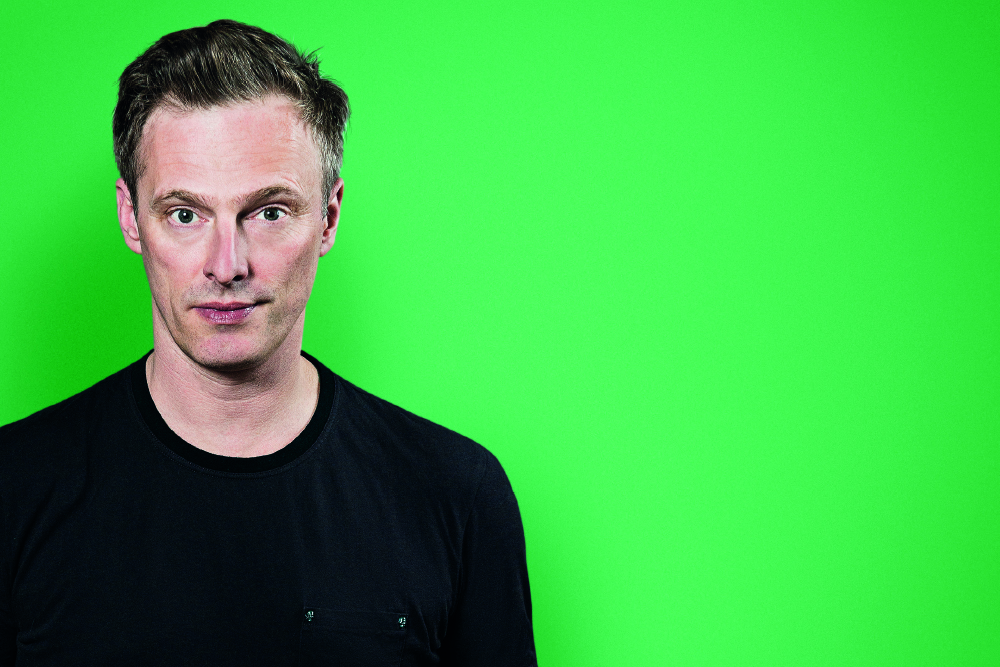Martin Daubney talks virtue signalling

The other day, I innocently retweeted a joke called ‘the four stages of emptying your dishwasher’. It read: ‘Stage 1: Denial. 2: Anger. 3: Acceptance. 4: Teaspoons.’ It was mildly funny, in a #FirstWorldProblems kind of way.
Within moments, however, somebody had replied: ‘There are children in Africa without access to clean drinking water and you complain about this?!! #priorities’.
A total stranger had randomly called me out for my complete lack of compassion for others less fortunate. Yet precisely zero African children will be showered with potable water as a result of my assailant’s pious tweet.
MORAL HIGH GROUND
This curiously modern affliction has a name: virtue signalling; the act of publicly flagging your moral piety, while shaming others who aren’t on the same holy plane. It’s a bedfellow of ‘clicktivism’ and hashtag activism– or ‘hashtivism’. These vanity activists see themselves as digital saviours. They delude themselves that by posing for a selfie while holding up a piece of A4 paper with a hashtag scribbled on it, they will save the world.
Virtue signalling is becoming increasingly popular, as tweeting or liking a Facebook page is far easier than visiting a disaster zone or going on a protest march and risking police brutality. Who needs that hassle, when clicktivists can end the suffering of Syrian refugees, liberate girls kidnapped by terrorists or perform a Messianic resurrection of Harambe the gorilla between lattes?
LIKES DON’T SAVE LIVES
The daddy of all virtue signals was the Ice Bucket Challenge in 2014: a perfect storm of donating to charity, vanity, looking holier-than-thou and gawping at hot bods.
Almost uniquely for hashtag campaigns, that did tangible good, raising $115million to fund research into amyotrophic lateral sclerosis – but how many of you knew that?
In 2013, over one million Facebook users backed the Save Darfur campaign, to show they cared about Sudan’s violent expulsion of 400,000 inhabitants. Yet only 0.24% donated money, raising a mere £62,000 in 2½ years. That’s 15 ½p per refugee.
Next was #BringBackOurGirls, a global protest against the 276 Nigerian girls kidnapped by Boko Haram on 14 April, 2014. Led by global luminaries such as Michelle Obama, Malala and Piers Morgan, the hashtag has been used 4.8 million times by 2.3 million users on Twitter. Some of the girls escaped but, tragically, 218 remain missing, and halo-polishing celebs quickly moved on to the next fashionable hashtag.
We must remember that ‘likes’ don’t save lives. In a hard-hitting ad campaign against clicktivism, children’s charity Unicef said: ‘Like us on Facebook, and we will vaccinate zero children against polio’.
So perhaps the next time you feel angry about inequality, why not get off social media and donate money? Because by virtue signalling into cyberspace, we might feel better, but
we achieve absolutely nothing.






